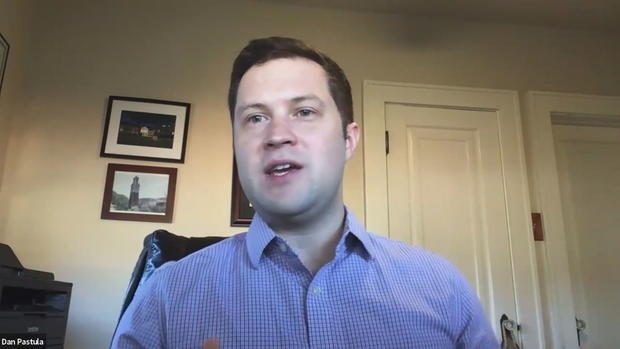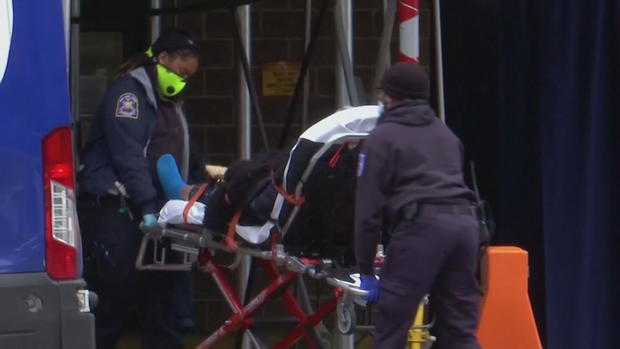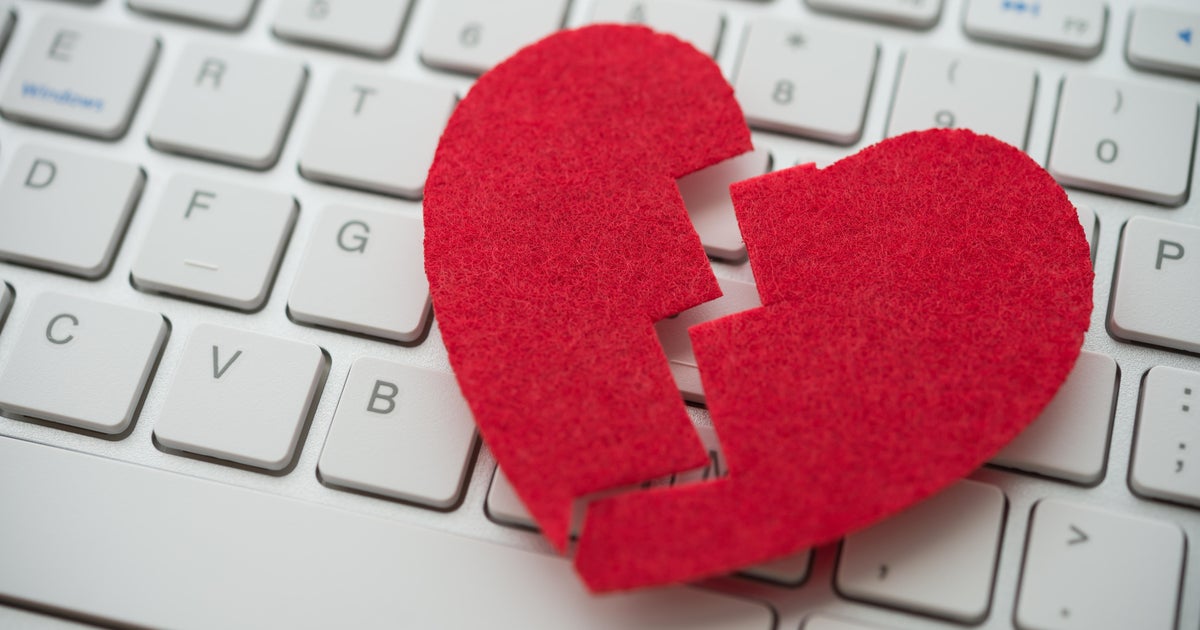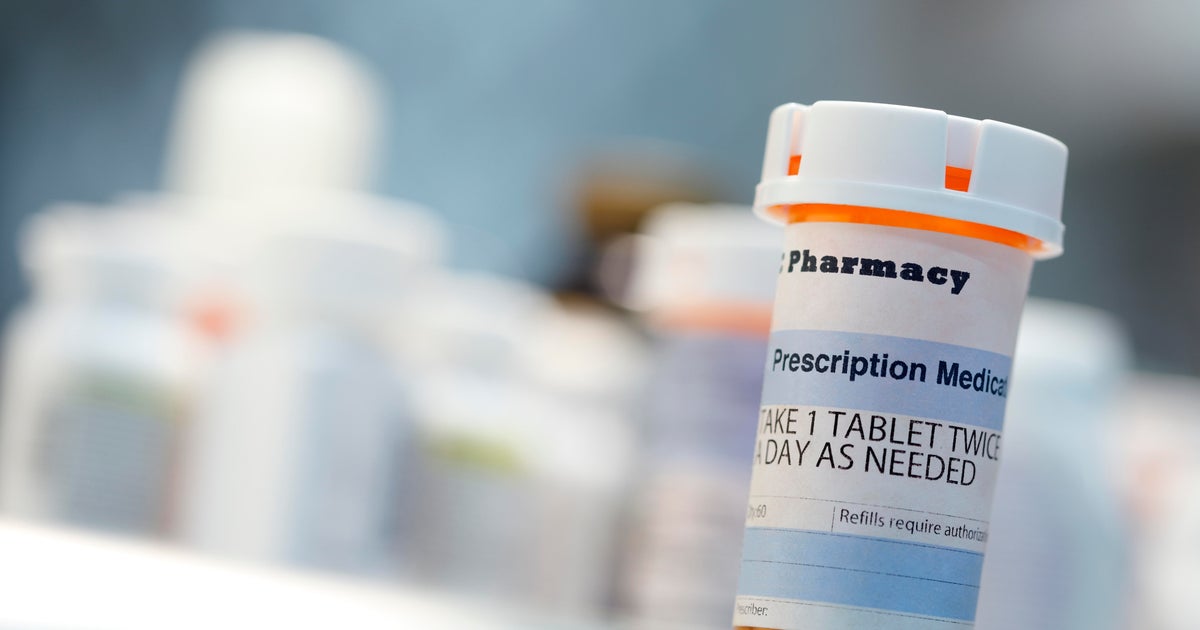Why Do Some People With Coronavirus Get Sicker Than Others?
DENVER (CBS4) – In the hospitals, there are the sick -- and the very sick. Many we know are having a difficult time because they are older or have underlying medical conditions. But that isn't everything.
Infectious disease experts like Dr. Daniel M. Pastula, a neuroinfectious disease specialist at UCHealth, says viral dose could matter -- a lot.
"The lower the viral dose that you may get, we do think that there's a better chance for your immune system to recognize what's going on and fight it off before it causes problems," he told CBS4's Alan Gionet.
That means, if you are infected with fewer viral particles, experts believe COVID-19, like many other viruses, may not be able to get the foothold it needs to make you severely ill.
Think of it like a war, he says. Our body has two primary types of immune response; the innate immune system and the adaptive immune system.
"Imagine your base or city is getting attacked. the innate immune system is kind of a non-specific warning system that essentially says, 'Hey we're getting attacked, all defenses up.'"
The innate immune system, when it's doing battle, is what makes you feel initially sick says Dr. Pastula – the fever, fatigue and muscle pain. It takes the first attacks.
"The adaptive immune system, is basically a highly specialized group of fighters that are trained to attack and kill a specific virus. But that adaptive immune system needs time to get trained and to kick in," said Dr. Pastula.
If the viral dose is lower, say a few dozen, or a few hundred, there's a chance the innate immune system can handle it.
Experts don't know how many COVID-19 viral particles it takes to be too much for the innate immune system, and they may not for some time. It's called the "minimally infectious dose." It likely varies with someone's health or age and ability in immune response.
So that dose likely makes a huge difference in potentially how your body handles it.
"I think there's a big difference in getting, for instance, hundreds of viral particles versus millions."
That becomes another reason, says Dr. Pastula, to vigorously follow the recommendations to stay home, wash your hands for at least 20 seconds, practice social distancing and clean much used surfaces frequently.
"If I got exposed I'd much rather have you know hundreds of viral particles as opposed to millions or billions of viral particles."
If you have a Good Question for CBS4's Alan Gionet, you can e-mail it to goodquestion@cbsdenver.com. He will try to report on as many as he can.









